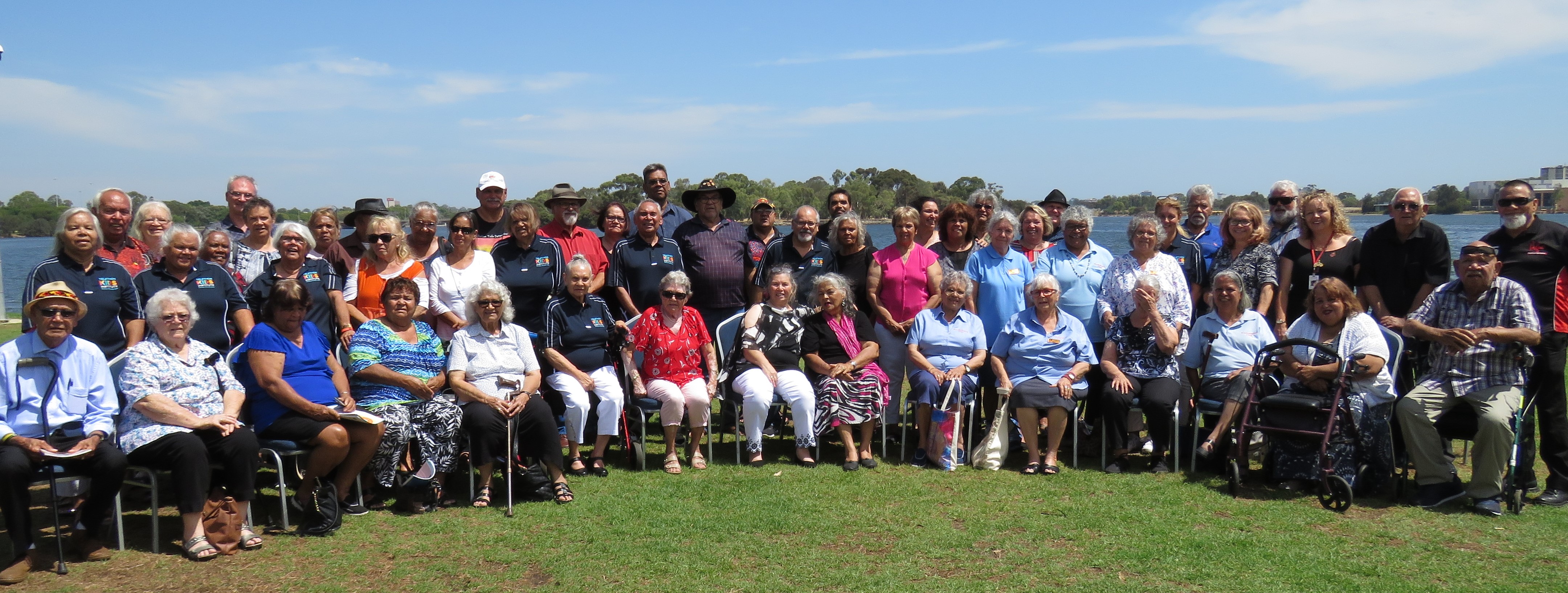Search
Showing results for "Au"
Research
Modeling COVID-19 disease processes by remote elicitation of causal Bayesian networks from medical expertsCOVID-19 is a new multi-organ disease causing considerable worldwide morbidity and mortality. While many recognized pathophysiological mechanisms are involved, their exact causal relationships remain opaque. Better understanding is needed for predicting their progression, targeting therapeutic approaches, and improving patient outcomes. While many mathematical causal models describe COVID-19 epidemiology, none have described its pathophysiology.
Research
Disability "In-Justice": Benefits and Challenges of "Yarning" With Young People Undergoing Diagnostic Assessment for Fetal Alcohol Spectrum Disorder in Youth DetentionWe report the findings from a qualitative study that took place alongside a fetal alcohol spectrum disorder (FASD) prevalence study among detainees in Australia
Research
The Impact of Externally Worn Diabetes Technology on Sexual Behavior and Activity, Body Image, and Anxiety in Type 1 DiabetesWearable technologies impact upon sexual activity and this influences the decision to adopt the technology
Research
Maternal Fiber Dietary Intakes during Pregnancy and Infant Allergic DiseaseMaternal resistant starch consumption was differentially associated with infant phenotypes, with reduced risk of infant wheeze, but increased risk of eczema
Research
Timeliness of signal detection for adverse events following influenza vaccination in young children: a simulation case studyActive vaccine safety surveillance leading to rapid detection of a safety signal would likely have resulted in earlier suspension of Fluvax from the vaccination programme
Research
Living liveable? RESIDE's evaluation of the “Liveable Neighborhoods” planning policy on the health supportive behaviors and wellbeing of residents in PerthNew suburban communities built in accordance with the “Liveable Neighbourhoods” policy have the potential to encourage health supportive behaviors
Research
The influence of the early childhood education and care environment on young children’s physical activityThe PLAYCE Study instruments provide reliable measures of early childhood education and care physical activity environments
Research
Oral health education and promotion in special needs children: Systematic review and meta-analysisTo review the effectiveness of oral health education and oral health promotion interventions for children and adolescents with intellectual and developmental disabilities (IDD), in ensuring optimal gingival health, caries experience and oral health-related quality of life, compared to no interventions or alternative interventions.
Research
Ovalbumin in breast milk is associated with a decreased risk of IgE-mediated egg allergy in childrenShowed for the first time that the presence of an egg-derived allergen in breast milk is associated with a reduced risk of egg allergy in children at 2.5 years of age

Community engagement for the Ngulluk Koolunga Ngulluk Koort (Our Children, Our Heart) Project.
